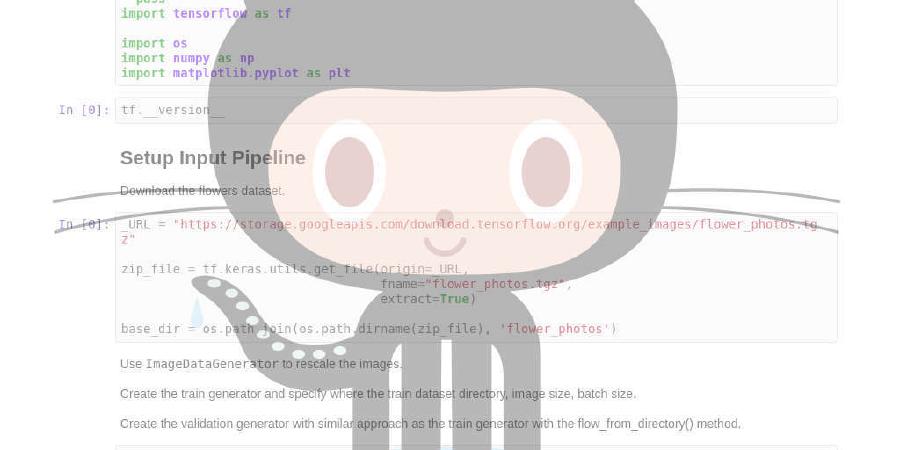galaxyproject/SARS-CoV-2

Initial analysis of COVID-19 data using Galaxy, BioConda and public research infrastructures
| repo name | galaxyproject/SARS-CoV-2 |
| repo link | https://github.com/galaxyproject/SARS-CoV-2 |
| homepage | |
| language | Jupyter Notebook |
| size (curr.) | 11393 kB |
| stars (curr.) | 32 |
| created | 2020-02-13 |
| license | |
sidebar: false
Initial analysis of COVID-19 data using Galaxy, BioConda and public research infrastructure (XSEDE, de.NBI-cloud, ARDC cloud)
Dannon Baker, Marius van den Beek, Dave Bouvier, John Chilton, Nate Coraor, Frederik Coppens, Ignacio Eguinoa, Simon Gladman, Björn Grüning, Delphine Larivière, Andrew Lonie, Nicholas Keener, Sergei Kosakovsky Pond, Wolfgang Maier, Anton Nekrutenko, James Taylor, Steven Weaver
This repo serves as a companion to our study describing the analysis of early COVID-19 data:
No more business as usual: agile and effective responses to emerging pathogen threats require open data and open analytics. usegalaxy.org, usegalaxy.eu, usegalaxy.org.au, usegalaxy.be and hyphy.org development teams, Anton Nekrutenko, Sergei L Kosakovsky Pond. bioRxiv 2020.02.21.959973; doi: https://doi.org/10.1101/2020.02.21.959973
It contains descriptions of workflows and exact versions of all software used. The goals of this study were to:
- Underscore the importance of access to raw data
- Demonstrate that existing community efforts in curation and deployment of biomedical software can reliably support rapid reproducible research during global crises
Our analysis was divided into six parts listed below (we also added “Updates” section where will be keeping track of new data as it appears). Each part has a dedicated page that provides links to input datasets, intermediate and final results, workflows, and Galaxy histories that list all details for each analysis. These workflows can be re-run by any of three global Galaxy instances in the US, in Europe and in Australia, as well as in the ELIXIR Belgium Galaxy instance.
- Pre-processing of raw read data
- Assembly of COVID-19 genome
- Estimation of timing for most recent common ancestor (MRCA)
- Analysis of variation within individual isolates
- Analysis of Spike protein substitutions
- Analysis of recombination and selection
In addition we will be looking at newly released data here → Updates: Analysis of additional data
The analyses have been performed using the Galaxy platform and open source tools from BioConda. Tool runs used XSEDE resources maintained by the Texas Advanced Computing Center (TACC), Pittsburgh Supercomputing Center (PSC), and Indiana University in the U.S., de.NBI and VSC cloud resources on the European side, and ARDC cloud resources in Australia.








